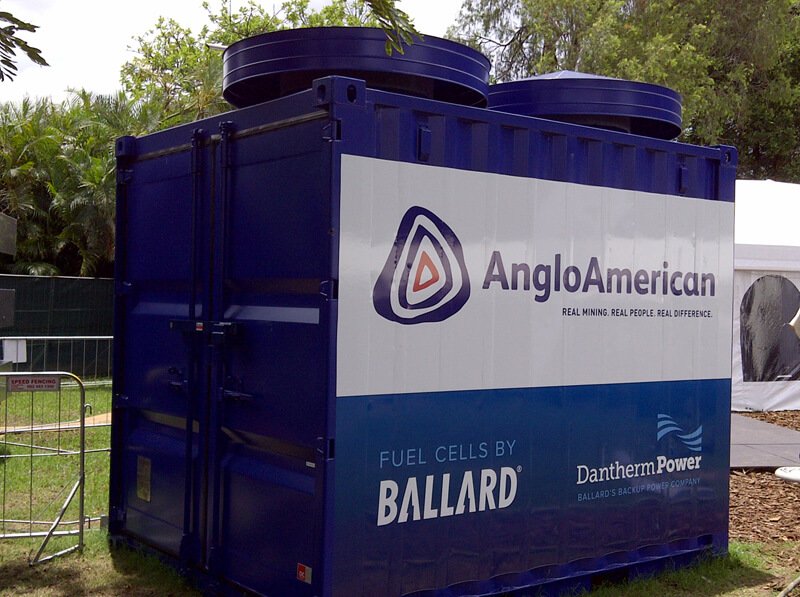Strategic Business Expansion
Korea Zinc, a world leader in the non-ferrous metals sector, has announced plans to diversify into new areas like secondary batteries and resource recycling. The company aims to boost its sales to 25 trillion won (approximately $19 billion) by 2033.
Investor Day Strategy Reveal
At its first Investor Day event in Seoul, Korea Zinc shared its growth targets and strategies for the next decade. These plans include enhancing efficiency in the smelting business while venturing into new domains like secondary batteries, resource recycling, and renewable energy.
Investment and Sales Goals
The company intends to invest 17 trillion won (approximately $12.9 billion) across various sectors, focusing 5 trillion won (approximately $3.8 billion) on smelting and 12 trillion won (approximately $9.1 billion) on new businesses. The goal is to more than double its 2022 revenue of 11 trillion won (approximately $8.35 billion) within a decade.
Market Position and Efficiency Enhancements
Holding a dominant position in the global zinc and lead markets, Korea Zinc plans to boost efficiency by integrating the production of diverse non-ferrous metals, starting in 2026.
Focus on Secondary Batteries and Recycling
The company’s strategy includes a significant 12 trillion won investment (approximately $9.1 billion) in secondary batteries, resource recycling, and renewable energy. This aligns with the changing industrial landscape and environmental considerations.
Secondary Battery Materials Production
Korea Zinc aims to produce nickel sulfate, precursors, and copper foil for secondary batteries. Its upcoming nickel sulfate business is expected to be competitive under the U.S. Inflation Reduction Act, given the company’s low dependence on Chinese firms.
Resource Recycling Chain Development
The plan involves establishing a comprehensive resource recycling chain, which will be supported by the acquisition of Igneo Holdings, a U.S.-based electronic waste processing company.
Projected Production and Sales
By 2033, Korea Zinc expects to produce 85,000 tons of nickel sulfate, 80,000 tons of precursors, and 60,000 tons of copper foil annually, aiming to increase sales to 5.3 trillion won (approximately $4.02 billion).
Strategic Implications
Korea Zinc’s plan marks a pivotal shift towards sustainable practices and diversification. By expanding into secondary batteries and recycling, the company is positioning itself to capitalize on emerging market opportunities and adapt to global environmental trends.






